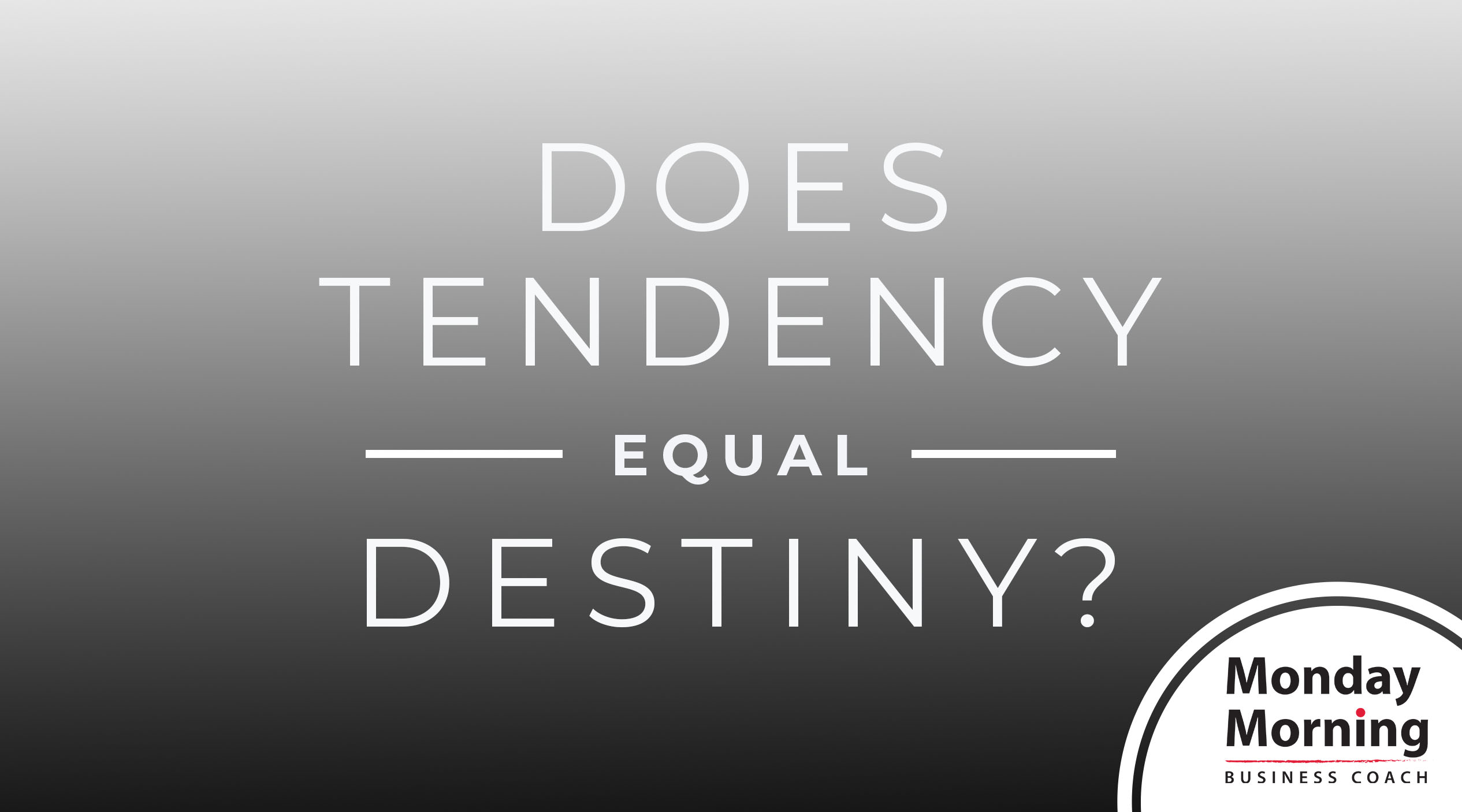As executive coaches, we often use the DiSC™ assessment to help people better understand their interpersonal tendencies. By looking at key behaviors, the assessment is a powerful tool in understanding both self and others.
Although it’s been around a while, the DiSC has recently been revalidated, so it’s more relevant and effective in helping individuals and teams to collaborate effectively to create success.
Recently, while working with a team that completed the assessment, we were met with the question that’s behind today’s post. The leader of the team read her DiSC results and became concerned that perhaps she didn’t have the skills necessary to effectively lead her team. She said,
based on these results; should I step aside?”
The leader’s assessment summary indicated that she had a higher tendency toward keeping the peace and being collaborative than driving people for results. She believed that to be a good leader she probably needed to be at the more “dominant” end of the scale.
We reviewed her unique combination of tendencies and talked about the different ways of successful leading. The best leaders pull from a toolbox of skills that they use to handle the varied issues coming their way, including utilizing others on the team who have skills and strengths in areas where she doesn’t.
Yes, her tendency was to be collaborative and find agreement, but that didn’t mean she wasn’t capable of driving for results, setting expectations, and holding others accountable. In fact, she’d been quite successful in doing so throughout her career.
The difference is that since she knew her first tendency might be to go toward a more collaborative stance, she could then look for additional data to form a fitting response to the situation.
Using her and her team’s DiSC assessment results helped her use her tendencies more effectively and made her more aware of times she needed to pause to ensure that what she was about to do or say was in alignment with her goals. As a result of this process, she had some new tools she could use to approach issues with her staff and to engage them more fully with those issues.
We believe deeply in a growth mindset (see our last 4 posts), and we are passionate about supporting individuals and teams in honoring who they are and exploring where they and their team want to grow.
Having an awareness of your tendencies (and the tendencies of those you work with) is an effective way to lead through challenges, create stronger teams, and build accountability into interactions.
We believe in you!

